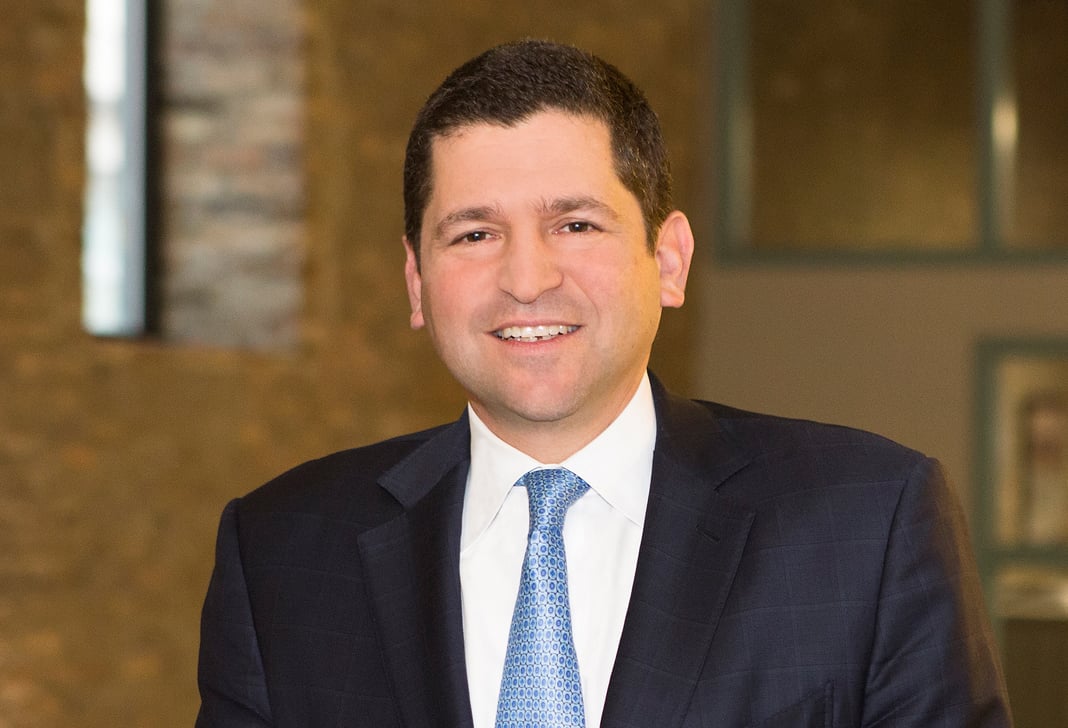U.S. Supreme Court Imposes High Standard on Title VII Retaliation Plaintiffs
On June 24, the United State Supreme Court set a high standard for plaintiffs who claim that they have suffered retaliation at the hands of their employers because they opposed discrimination made unlawful by Title VII. In University of Texas Southwestern Medical Center v. Nassar, the Supreme Court expressly rejected the EEOC's view that a Title VII retaliation plaintiff need demonstrate only that retaliation was one of several motivating factors in the employer's decision, instead deciding that such a plaintiff must prove that the employer's retaliatory motive was the "but for" cause of the adverse employment action. The decision will not have an impact on best practices for how employers manage their employees, but it will affect litigation. Retaliation plaintiffs will have to satisfy what the Court described as a "more demanding" standard than the "motivating factor" standard that some courts had been using.
Justice Kennedy delivered the divided opinion of the Court, joined by Chief Justice Roberts and Justices Scalia, Thomas, and Alito. The decision resolves a split among the circuits regarding what retaliation plaintiffs in Title VII cases must prove, abrogating the mixed-motives standard specifically applied by the Fifth and Eleventh Circuits to employers that conduct business in Texas, Louisiana, Mississippi, Alabama, Georgia, and Florida.
The respondent in the case, Naiel Nassar, was a physician employed by the University of Texas who accused his supervisor of racial and religious bias. Nassar planned to resign his position at the University and seek employment directly with the medical center (which would result in a change of supervisors). He alleged that after he complained about the purported discrimination, University officials prevented him from being hired by the center, in retaliation for his allegations. The University argued that, even without the alleged retaliation, Nassar would not have been hired by the center because its agreement with the center required that all physicians be members of the University faculty. As a result, the alleged retaliation could not be the so-called "but for" cause of his loss of the position—that is, Nassar could not show that the center would have hired him but for the retaliation. A jury found for Nassar, and the Fifth Circuit affirmed.
The Supreme Court reversed the Fifth Circuit's decision and determined that Title VII retaliation claims must be proved according to traditional principles of "but for" causation, not the "lessened" motivating factor standard contained in 42 U.S.C. §2000e–2(m), which, the Court said, applies to status-based discrimination—i.e., discrimination based on an "individual's race, color, religion, sex, and national origin." The Court relied on the 2009 Supreme Court decision Gross v. FBL Financial Services, Inc., 557 U.S. 167, 129 S. Ct. 2343 (2009), which held that plaintiffs who sue under the Age Discrimination in Employment Act ("ADEA") must prove that age was the "but for" cause of the challenged employer decision. In Gross, the Court reasoned that Congress expressly approved mixed-motive discrimination claims under Title VII but made no similar amendment to the ADEA—raising the inference that Congress did not wish to allow mixed-motive claims under the ADEA. Likewise, Justice Kennedy wrote, Title VII's anti-retaliation provision appears in a different section from its status-based discrimination ban and does not contain any language providing for a mixed-motive analysis. As a result, Congress did not intend to apply the motivating-factor standard to Title VII retaliation claims. Contrary to Gross, however, which held that "the burden of persuasion necessary to establish employer liability is the same in alleged mixed-motives cases as in any other … disparate-treatment action," 129 S. Ct. 2351, the Nasser majority specifically noted that "but for" causation is more "demanding" than the motivating factor standard.
In reversing the Fifth Circuit's decision, the Court also rejected long-standing EEOC views on this issue. According to EEOC's Compliance Manual, a plaintiff can prove a retaliation claim if "there is credible direct evidence that retaliation was a motive for the challenged action," regardless of whether there is also evidence "as to a legitimate motive." 2 EEOC Compliance Manual §8–II(E)(1), pp. 614:0007–614:0008 (Mar. 2003). The Court found that the Manual's guidance lacks "persuasive force" because it fails "to address the specific provisions of this statutory scheme" and it provides only a "generic … discussion of the causation standards for status-based discrimination and retaliation claims."
This decision is a win for employers. In particular, the decision will likely make it easier for employers to prevail on retaliation claims. And, the Court's reasoning is not likely limited to Title VII and may apply to claims under other statutes such as the Americans with Disabilities Act.
Lawyer Contacts
For further information, please contact your principal Firm representative or one of the lawyers listed below. General email messages may be sent using our "Contact Us" form, which can be found at www.jonesday.com.
Fred W. Alvarez
Silicon Valley
+1.650.739.3977
falvarez@jonesday.com
Lawrence C. DiNardo
Chicago
+1.312.269.4306
lcdinardo@jonesday.com
Eric S. Dreiband
Washington
+1.202.879.3720
esdreiband@jonesday.com
Michael J. Gray
Chicago
+1.312.269.4096
mjgray@jonesday.com
George S. Howard, Jr.
San Diego
+1.858.314.1166
gshoward@jonesday.com
Brian M. Jorgensen
Dallas
+1.214.969.3741
bmjorgensen@jonesday.com
Alison B. Marshall
Washington
+1.202.879.7611
abmarshall@jonesday.com
James S. Urban
Pittsburgh
+1.412.394.7906
jsurban@jonesday.com
Stanley Weiner
Cleveland
+1.216.586.7763
sweiner@jonesday.com
M. Carter DeLorme
Washington
+1.202.879.4643
cdelorme@jonesday.com
Jones Day publications should not be construed as legal advice on any specific facts or circumstances. The contents are intended for general information purposes only and may not be quoted or referred to in any other publication or proceeding without the prior written consent of the Firm, to be given or withheld at our discretion. To request reprint permission for any of our publications, please use our "Contact Us" form, which can be found on our web site at www.jonesday.com. The mailing of this publication is not intended to create, and receipt of it does not constitute, an attorney-client relationship. The views set forth herein are the personal views of the authors and do not necessarily reflect those of the Firm.





